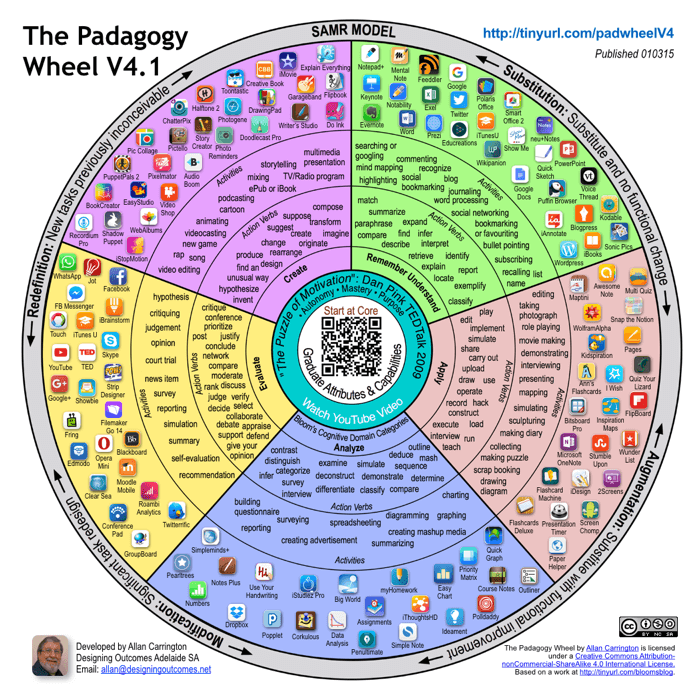Final Class
In our final class this week we discussed assessment, redos and the power of descriptive feedback.
The primary purpose of assessment is to improve student learning, according to the Ministry document Growing Success. There are seven principles outlined in this document to ensure that assessment is valid and reliable. These principles are outlined in the table below. There are three different types: assessment for learning, assessment of learning and assessment as learning.
 |
| Markes, A. (2018, October 15). Comparing types of assessment [Venn Diagram]. Information adapted from Growing Success |
Descriptive feedback in an important component of assessment FOR and AS learning because it is during these assessments that teachers and students monitor their progress and make adjustments as they learn. By the time the assessment OF learning portion has come around descriptive feedback may be unimportant because students will not have the chance to correct their mistakes and fix their learning about that topic.
And that is where redos come in. We had quite the discussion in class about when and are re-dos appropriate. The consensus was "Of course!" What shocked me was the quote our instructor posted "You don't get redos in life." This is completely untrue! Every day is a redo in life to do better and be better. We are constantly being told to learn from our mistakes so as to not repeat them in the future. Why can't this be true for learning math? I believe that during assessment FOR and AS learning, re-dos should be allowed with descriptive feedback to help students progress in the right direction. Hopefully, this will prepare them well enough to fully demonstrate their learning during the assessment OF learning portion.
How to take what I've learned and use it
Over these past six weeks a few things have really stood out to me that I will carry forward into my upcoming teaching block and onward.
1. Believing all students can do math. The research supporting this statement will change students to believe in themselves and be resilient when struggling with something new.
2. Descriptive feedback has the power to change the world. Specific and clear feedback will help students better monitor their own progress and will guide me as a teacher to improve my teaching practices.
3. Help students fall in love with learning. This encompasses the big messages behind having a growth mindset, changing math from its traditional ways of being taught to the more modern and progressive methods and will help with classroom management. This also pertains to student interests and learning styles, which should always be taken into consideration when planning anything for students.
Pun of the Post
Why does algebra make you a better dancer? Because you can use algo-rhythm!
Thanks to Reader's Digest for this one.
 |
| Freepik. (2014). Redo arrow symbol free icon [Online Icon]. Retrieved from https://bit.ly/2AbWPOU |
How to take what I've learned and use it
Over these past six weeks a few things have really stood out to me that I will carry forward into my upcoming teaching block and onward.
1. Believing all students can do math. The research supporting this statement will change students to believe in themselves and be resilient when struggling with something new.
2. Descriptive feedback has the power to change the world. Specific and clear feedback will help students better monitor their own progress and will guide me as a teacher to improve my teaching practices.
3. Help students fall in love with learning. This encompasses the big messages behind having a growth mindset, changing math from its traditional ways of being taught to the more modern and progressive methods and will help with classroom management. This also pertains to student interests and learning styles, which should always be taken into consideration when planning anything for students.
Pun of the Post
Why does algebra make you a better dancer? Because you can use algo-rhythm!
Thanks to Reader's Digest for this one.
